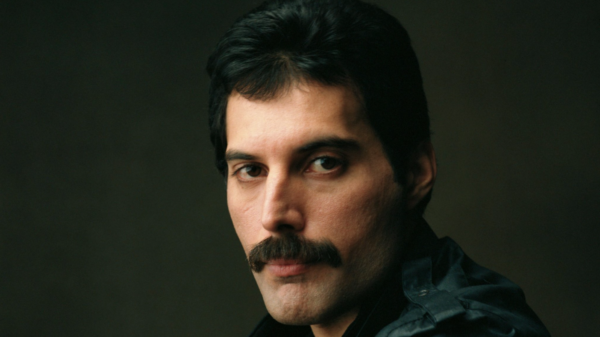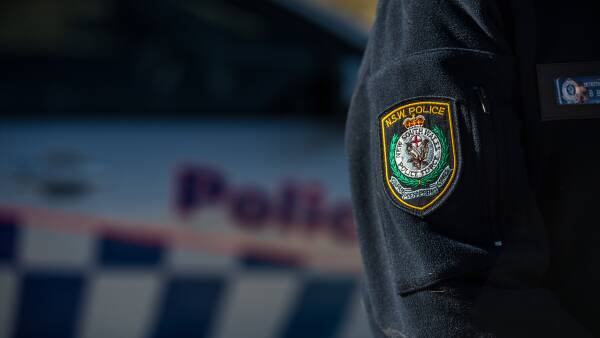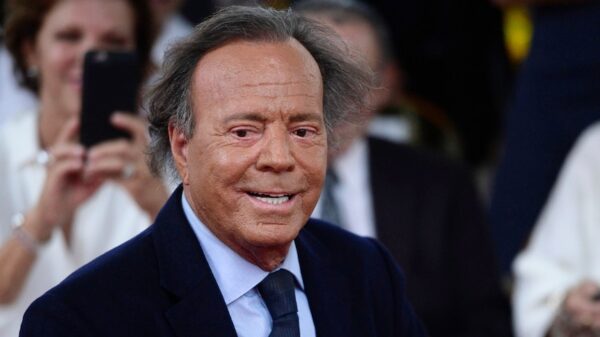Protests against immigration policies erupted across Australia on Sunday, with rallies under the banner of March for Australia drawing thousands of demonstrators in various cities. Notably, a neo-Nazi speaker, Thomas Sewell, addressed the crowd in Melbourne, sparking significant tension and controversy. Federal officials condemned the rallies, which included participation from politicians such as Pauline Hanson, the leader of the One Nation party, and Senator Malcolm Roberts, who attended events in Canberra.
In Melbourne, the protest commenced outside Flinders Street Station, where participants waved Australian flags and displayed placards featuring anti-immigration slogans. Concurrently, a counter-protest formed in front of the State Library of Victoria, merging with a weekly pro-Palestine rally to oppose the anti-immigration sentiments. As police worked to separate the two groups, tensions escalated, culminating in confrontations that included projectiles being thrown from both sides.
The situation intensified when police intervened, deploying officers in riot gear and using pepper spray on some counter-demonstrators. The anti-immigration rally ultimately made its way to the state parliament, where speakers, including Sewell, expressed their views on immigration. Sewell claimed, “If we do not stop immigration, then our death is certain,” alarming many observers.
In Sydney, law enforcement deployed hundreds of officers to manage multiple events, including the annual marathon and a pro-Palestine rally. Protesters in Canberra gathered near Lake Burley Griffin, waving flags and chanting slogans, with Hanson and Roberts present. Meanwhile, a smaller counter-rally of pro-immigrant supporters remained separated by police, who formed a perimeter around the gathering.
Brisbane witnessed a sizable crowd of a few thousand participants marching from Roma Street Parklands to the city’s botanical gardens. Activist Uncle Wayne Wharton confronted the demonstrators, stating, “You invaded this country, you stole the land.”
Responses from political leaders varied, with Sussan Ley, the federal opposition leader, stressing the importance of social cohesion and condemning violence and racism. In a statement, Murray Watt, a federal Labor minister, said, “We absolutely condemn the March for Australia rally… it’s not about increasing social harmony.”
Concerns regarding the inclusion of extremist elements in the protests were echoed by Julian Leeser, the shadow attorney general, who warned participants to be cautious of the company they keep, citing troubling anti-Indian sentiments and antisemitic undertones present in some materials associated with the rallies.
As the protests unfolded nationwide, the federal government reaffirmed its commitment to multiculturalism. Jacinta Allan, the Victorian premier, criticized those who “walk with Nazis,” emphasizing that attempts to divide the country through hate would ultimately fail.
The March for Australia protests reflect a growing tension around immigration policies in Australia, with various factions expressing their views in a public forum. The events of the day highlight the complex landscape of public opinion on immigration and the challenges faced in maintaining social harmony amidst divergent perspectives.


































































